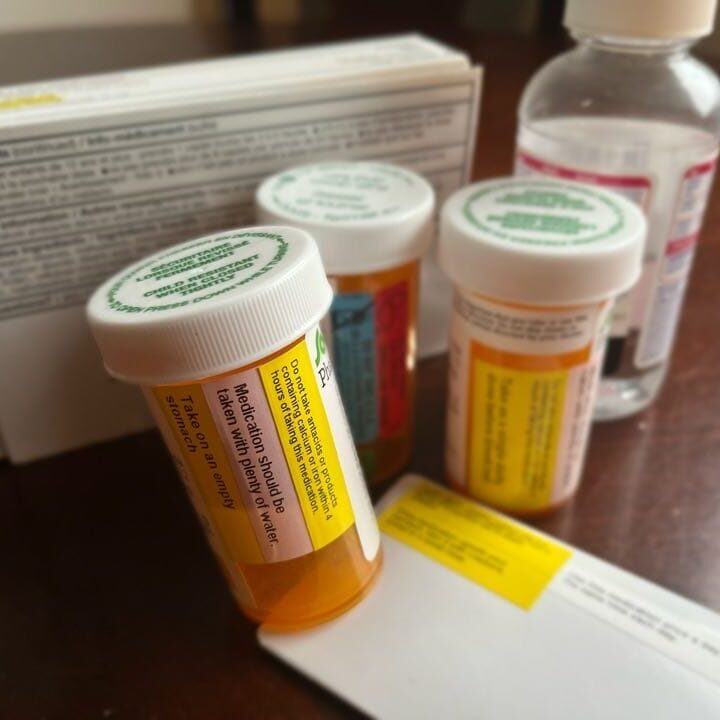
Therapy and mental health
Two Dal students reflect on therapy experiences
Therapy use is on the rise. According to a survey by the American Psychology Association, 37 per cent of Gen Z reports attending a therapy session. The same report says Gen Z is the most likely generation to report poor mental health.
Therapy is one of the most prescribed solutions for mental health problems. It is typically considered a good thing. However, I believe the modern culture and discussion surrounding mental health, especially via social media, has made it less effective for many.
To explore the pros and cons of attending therapy, two second-year Dalhousie University students, Hannah Sabean (psychology) from Windsor, Nova Scotia and Ella Stratton (commerce) from Vancouver, discuss their experiences.
Therapy experiences
Sabean attended personal and group therapy on-and-off through middle and high school. She recalls difficulty expressing herself during sessions.
“I had all these problems built up,” Sabean said. “But when I went to therapy, my mind would go blank and I couldn’t express my feelings or why I felt that way.”
Stratton notes positive changes in her behaviour since beginning therapy. She believes the style of therapy matters and prefers working with therapists who work to improve mental health issues, rather than simply acknowledging them.
“Sometimes it’s nice to have someone hear your problems and talk them through, but I don’t want these problems [to start with],” Stratton said. “I think one of the reasons therapy didn’t work out when I was younger is because she [my therapist] was more accepting of things whereas this therapist is more like, ‘Let’s get you on a different track.’”

The rise of therapy
A 2022 report from the Centre for Disease Control and Prevention in the United States says the number of adults seeking mental health treatment has increased by about 20 per cent over the pandemic.
“There’s been a huge spike since COVID. Everyone was trapped inside their house, so obviously they were going to feel depressed with no human interaction,” Sabean said. “And we get out of COVID and have to do everyday interactions again. That’s going to give people extreme anxiety.”
A 2022 summary report by the Canadian Mental Health Association agrees, stating, “The pandemic has had devastating impacts on the mental health, substance use and homelessness of Canadians, and highlighted pre-existing and increasing needs for services.”
Many Canadians count on psychotherapy as a treatment for mental illness. Stratton and Sabean worry it isn’t always being used properly.
Stratton believes social media is a cause of self-diagnostic behaviours, or when one perceives that they have a mental health condition without a medical diagnosis. She recalls seeing videos on Instagram, TikTok and Snapchat listing symptoms of anxiety, depression and obsessive-compulsive disorder (OCD).
“I see all these videos that say, ‘If you have these symptoms you have depression,’” Stratton said. “I see comments saying, ‘I have all these symptoms, I guess I’m depressed now.’ Depression is a diagnosis from a doctor and I feel like it has been so glamorized. The idea of you are depressed, so you have depression, whereas it’s different.”
Sabean believes similarly in the “glamorization” of mental health conditions now. She says it’s important to keep that in mind during stressful times during the school year.
“I remember going to school and the way people would talk about struggling, like ‘oh, I haven’t eaten today,’” Sabean says. “It’s normal to feel anxious and depressed. Life is crazy and there’s going to be so many times where you’re extremely sad and have to force yourself out of bed.”
Systematic problems in mental health care
The culture of social media-based self-diagnosis could be impacting the already long wait times for therapy. Stratton recalls being unable to find a therapist in Vancouver because of the backed-up patient list in the city.
”When it comes to long waits, it’s tough to evaluate the self in comparison to how others feel,” Sabean says. “You have to self-reflect and ask yourself, ‘Can I cope with this by myself, or should I seek help and get extra support?’”
This kind of self-reflection could be useful in prioritizing patients who need support the most. This is complicated by the glamorization of mental health conditions.
Sabean also worries that over-medicating could be a problem. She recalls going to dinner with five people and learning all of them take medication prescribed for mental health reasons. Stratton remembers her counsellor recommending medication consultation during their first session.
“I think therapists are scared to tell someone ‘you’re probably just going through a tough time, let’s work it out.’ So they automatically make you feel validated in telling you you need medication,” Sabean says.
Is therapy good?
There is a financial incentive for pharmaceutical companies and insurance providers to have therapists prescribe medication. There is a financial incentive for therapists to get new clients and keep people in therapy. If social media is glamourizing mental illness, is there also a financial or popularity incentive for social media influencers to convince viewers they have mental conditions? If so, is there a social incentive for young people to claim they have anxiety and depression? I think so.
While therapy is useful for some people, helping us work on bad habits and improve mental health, it isn’t for everyone. The problems with mental health culture today make it difficult for therapy to serve its purpose of providing help to the people who need it most.
Editor’s note: If you or someone you know is dealing with mental health issues, you’re not alone. Dalhousie offers same-day counselling in-person or by Zoom through Dal’s Mental Health Services. Call 1-902-494-2171 to book an appointment.
You can also reach out to Canada Wellness, by texting WELLNESS to 741741 as directed by the Government of Canada for 24/7 mental health and addiction support. If you are with someone in need of help, call 1-866-585-0455 to speak to a counsellor.






